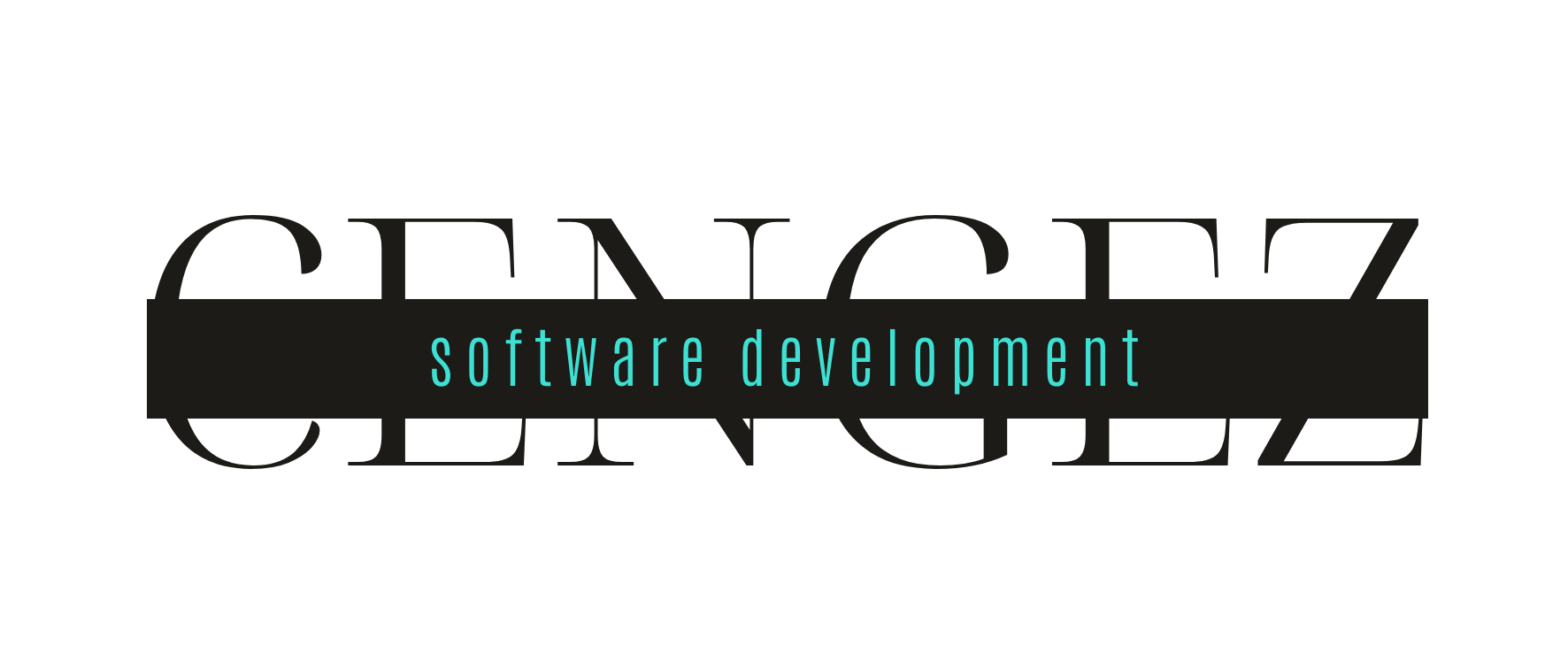Customizable Content Management Systems (CMS) Made with Web-Based Programming
Content Management Systems (CMS) are one of the cornerstones of the modern web world. CMSs, especially those made with web-based programming and customizable, allow businesses and individuals to easily manage their digital content. So, how do these systems work, what advantages do they offer, and with which technologies are they developed?
What are Content Management Systems (CMS)?
CMS are softwares that facilitate the process of creating, editing and managing the contents (text, images, videos etc.) of websites. Users can update and manage the contents of their websites without needing technical knowledge. Customizable CMSs, on the other hand, offer features that can be personalized according to the needs and desires of the users.
Advantages of Customizable CMS's
- Ease of Use: CMSs make content management possible without requiring technical knowledge, thanks to their user-friendly interfaces. Customizable CMSs increase ease of use by adapting the interface and functions according to users' needs.
- Flexibility and Scalability: Customizable CMS's easily adapt to the growth rate and changing needs of businesses. It is possible to add new features or update existing ones. This flexibility allows businesses to gain a competitive advantage.
- SEO Friendly Structure: Modern CMSs offer all the tools and features necessary for search engine optimization (SEO). SEO components such as meta tags, URL structures, and site maps can be easily managed. Customizable CMSs optimize these features according to user needs.
- Multilingual Support: Multilingual support is vital for businesses targeting global markets. Customizable CMSs facilitate multilingual content management, enabling the management of content aimed at different languages and cultures.
- Security and Updates: CMSs are constantly supported with security patches and updates. Customizable CMSs can be configured according to specific security needs and the system's security can be increased with updates.
Web-Based Programming and CMS Development
Some of the basic web-based programming languages and technologies used to develop customizable CMS's are:
- HTML, CSS, and JavaScript: These are the basic components in creating user interfaces. JavaScript libraries and frameworks (React, Angular, Vue.js) provide dynamic and interactive user experiences.
- Backend Technologies: Languages and frameworks such as PHP, Python (Django, Flask), Ruby on Rails, Node.js are used for data processing and server-side operations. These technologies ensure the efficient and secure operation of CMSs.
- Database Management Systems: Database management systems like MySQL, PostgreSQL, MongoDB are used to store and manage content data. They provide fast and reliable data access and management.
- API Integrations: RESTful APIs and GraphQL enable the integration of CMSs with other applications and services. These integrations make data flow seamless and enhance the functionality of CMSs.
- Cloud Services: Cloud services like AWS, Google Cloud, Microsoft Azure increase the scalability and accessibility of CMSs. They provide high performance and data security.
Popüler Özelleştirilebilen CMS’ler
- WordPress: An open-source CMS used by millions of websites worldwide. Highly customizable with extensive plugin and theme support.
- Drupal: A powerful and flexible CMS, ideal for complex and large-scale projects.
- Joomla!: A user-friendly and flexible CMS, suitable for medium-sized projects.
- Ghost: A modern and minimalist CMS focused on blogging and publishing.
Web-based programming with customizable content management systems allows businesses to manage and optimize their digital content. By offering advantages such as ease of use, flexibility, SEO-friendly structure, multilingual support and security, it provides a competitive advantage for businesses. These systems, developed using modern web technologies, can be continuously updated and customized according to user needs. For businesses that want to succeed in the digital world, customizable CMS's are an indispensable tool.
